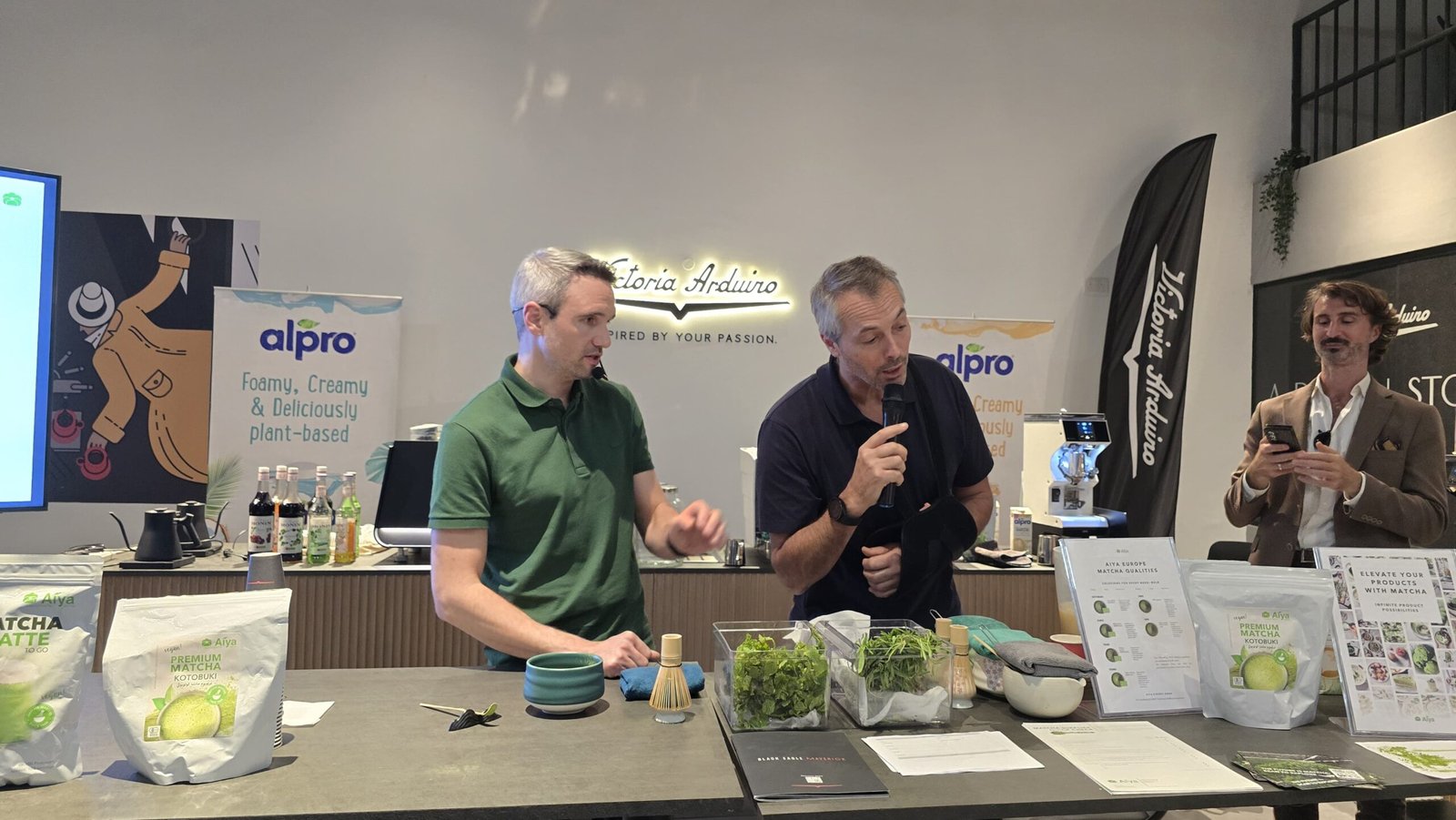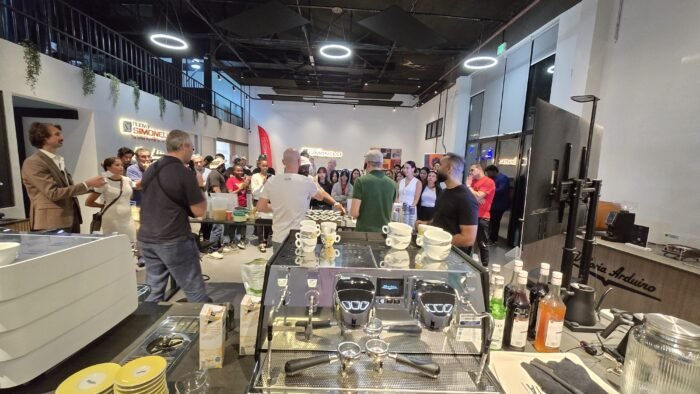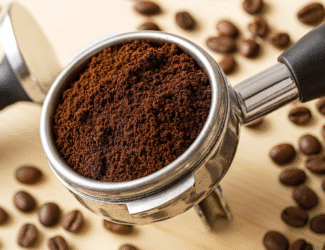
Matcha: A Passing Trend or a Drink Worth Exploring?
A couple of days ago, I received a special invitation from the renowned Italian barista Antonio Uria, coffee expert at Victoria Arduino Middle East, to attend an exclusive Matcha Masterclass in collaboration with AIYA Europe, Europe’s largest matcha supplier, along with Alpro and Victoria Arduino Middle East, at the Victoria Arduino Experience Lab in Al Quoz, Dubai.
The class, hosted by Antonio Uria, Damian Burgess, and Merijn Gijsbers, was an exciting opportunity to delve into this intriguing green drink that has captured the curiosity of many.
First Encounter… With Little Impression
Upon my arrival, Mr. Merijn Gijsbers, Brand Ambassador for Alpro, greeted me with an unexpected question: “Have you tried matcha before?” My response was candid and swift: yes, I had tried it once but felt nothing remarkable about it; it left no impression on me, neither positive nor negative. Our conversation paused as we shifted our focus to a presentation on the history of matcha, complete with videos showing its journey from China to Japan, where it was reimagined and refined into the form we know today.
The Origins of Coffee… and Matcha?
I grew up in a culture proud to be the birthplace of coffee, where Yemen introduced this drink to the world with its unique flavor and its impact on mood and health. For me, coffee is more than just a beverage; it is a symbol of profound cultural and social significance. Matcha never really piqued my interest until I read a rich article by my dear colleague, Sayed Naveed, a coffee expert. Alongside the exceptional workshop I attended and the immersive experience it offered, this article gave me a fresh perspective on this fascinating drink.
So, I share his article with you here in full, hoping it will enrich your understanding and answer the question: Is matcha merely a fleeting trend, or does it deserve a special place of its own?
Sayed Naveed on Matcha’s Transformative World
Naveed shared that, much like coffee, matcha can initially seem polarizing. For newcomers, matcha may come across as earthy, bitter, and even with a faint marine aroma. Adding milk can soften these intense flavors, but finding high-quality matcha can completely transform the experience.
What Exactly is Matcha, and Is It Beneficial?
Matcha’s vibrant green color is more than aesthetic—it signals quality. Made from carefully cultivated tea leaves, ceremonial-grade matcha offers a rich, smooth taste and health benefits that surpass those of regular tea. Unlike traditional teas, where leaves are steeped and discarded, matcha allows you to consume the entire leaf, amplifying its nutritional value.
Packed with antioxidants, matcha helps combat free radicals, supports heart health, and has even been linked to cancer prevention. As a natural detoxifier rich in chlorophyll, it helps flush out toxins. For those seeking a steady energy boost, matcha’s blend of caffeine and L-theanine provides calm, focused energy without the crash often associated with coffee.
Ceremonial-Grade Matcha: A Class Apart
Not all matcha is created equal. Ceremonial-grade matcha, made from the youngest tea leaves, boasts a vibrant green hue, smooth texture, and a naturally sweet taste. Certified by Japanese Agricultural Standards (JAS), it meets strict quality and farming standards, offering a purity best enjoyed on its own, akin to espresso for coffee enthusiasts.
By contrast, culinary-grade matcha is slightly more bitter and ideal for recipes and lattes. A quick milling test can reveal quality: the greener and creamier the powder, the higher the grade.
Matcha vs. Coffee: More Than Just Taste
While both matcha and coffee contain caffeine, matcha’s slow-release caffeine, aided by L-theanine, provides a balanced focus and a gentle energy boost without the spikes common with coffee. Additionally, matcha is less acidic, making it easier on the stomach.
Matcha’s Rise in the GCC
In recent years, matcha has surged in popularity across the GCC, appealing to health-conscious and younger consumers who enjoy its wellness benefits and unique flavor. This demand has led to the arrival of premium brands like AIYA, Japan’s premier matcha producer, which now offers high-quality ceremonial-grade matcha in the region. AIYA’s commitment to quality, established since 1888, is setting new standards, making it an exciting time for matcha enthusiasts to explore its benefits.
With brands like AIYA redefining the matcha experience, there’s no better time to immerse oneself in this vibrant, healthful world of tea—perhaps as deeply as with specialty coffee.





